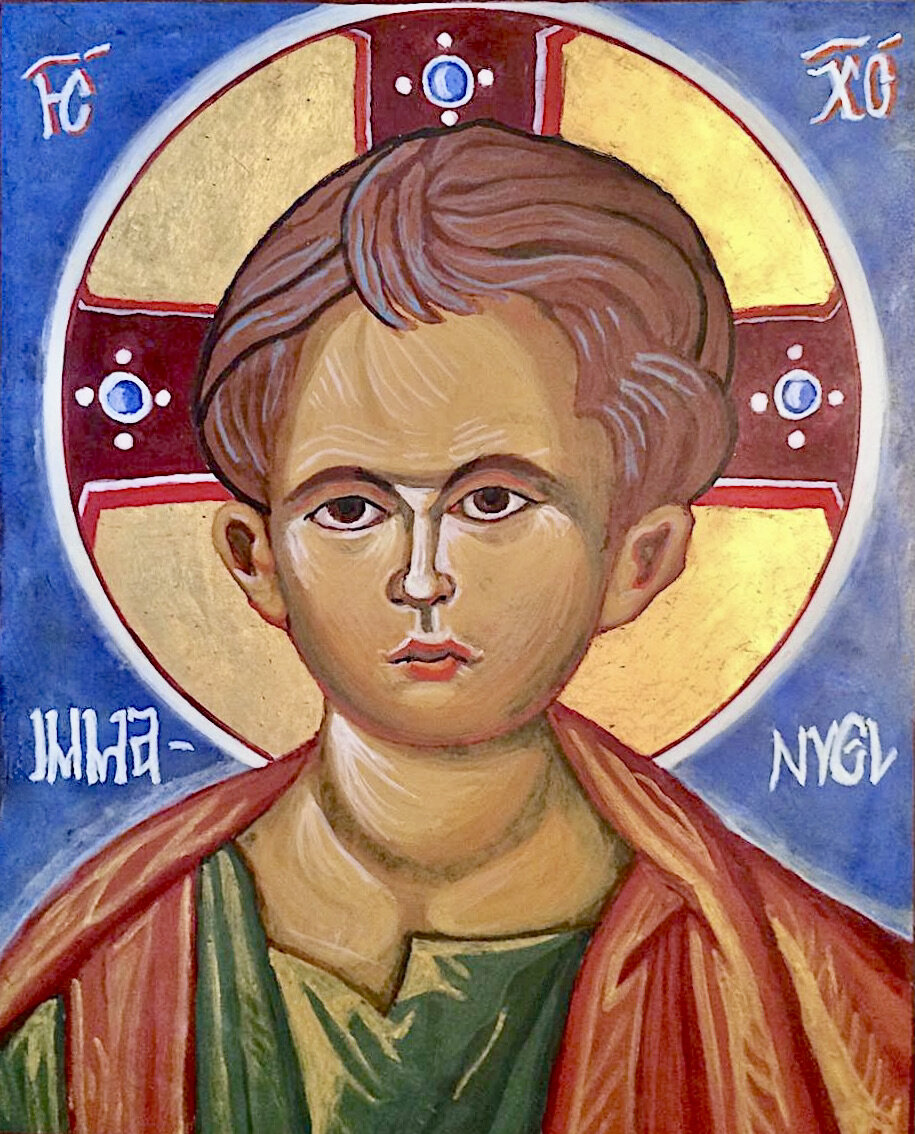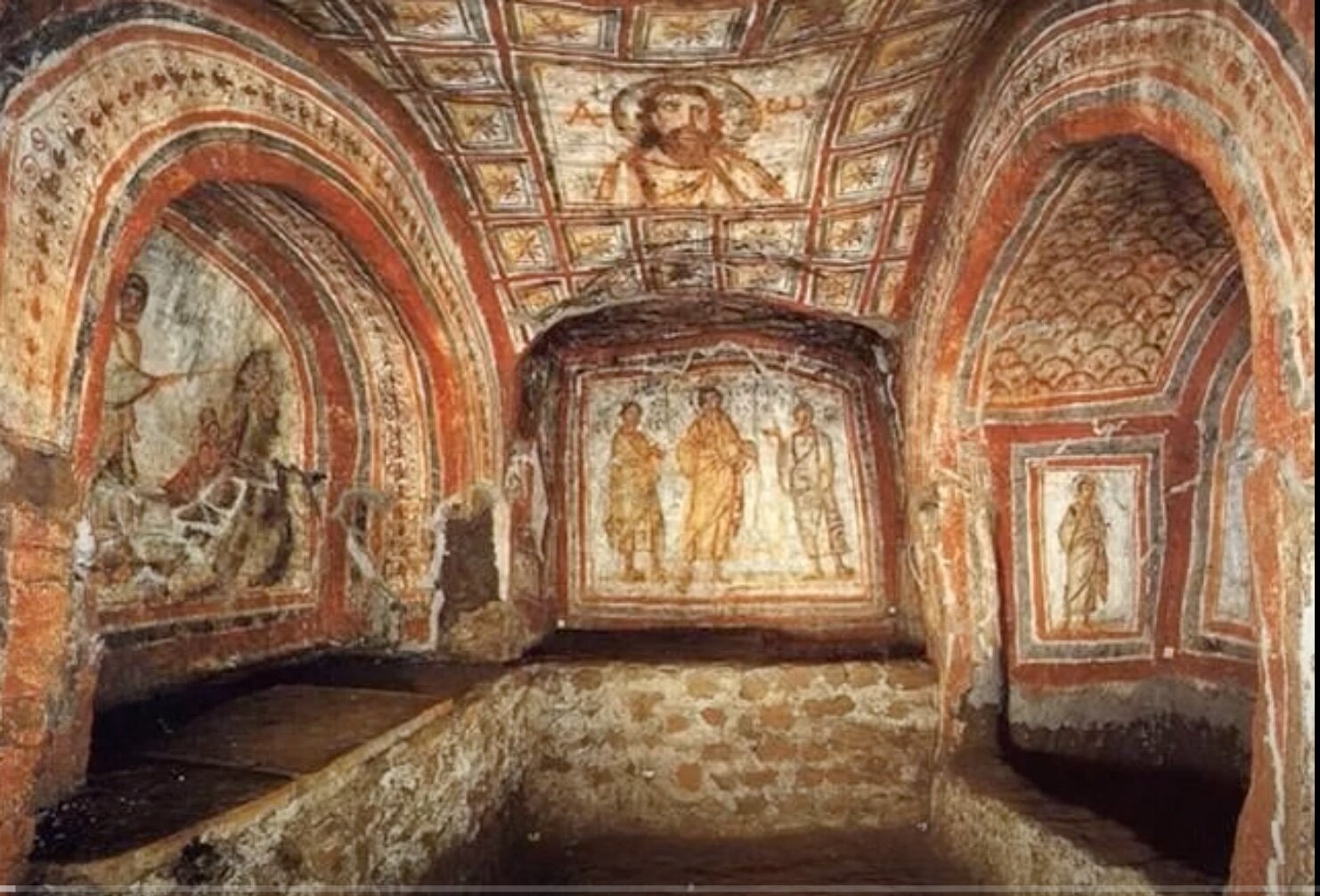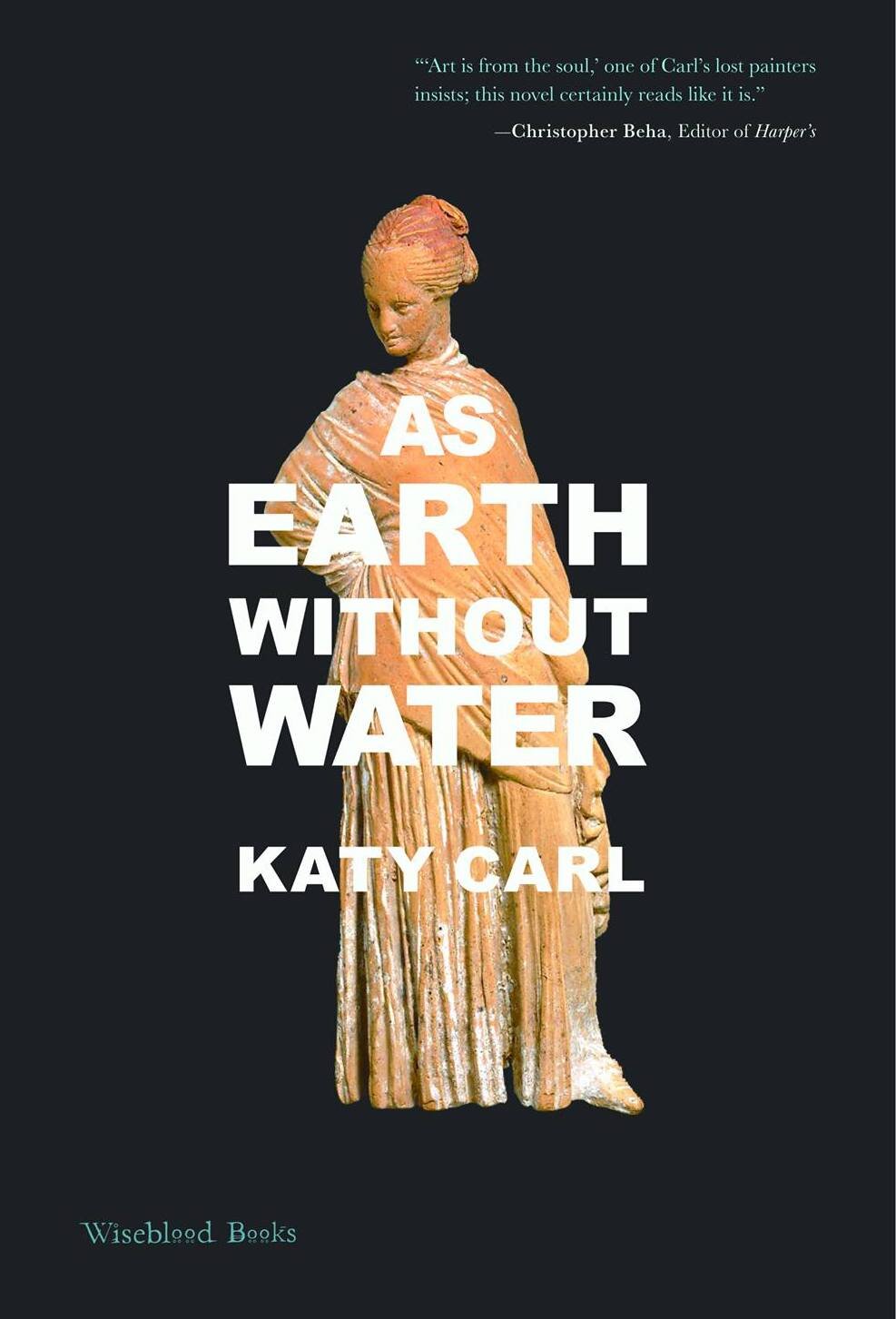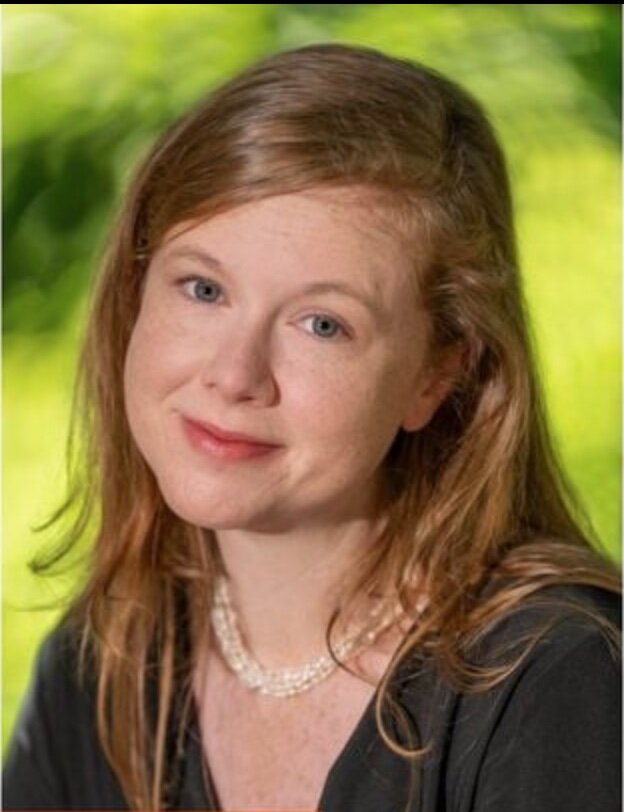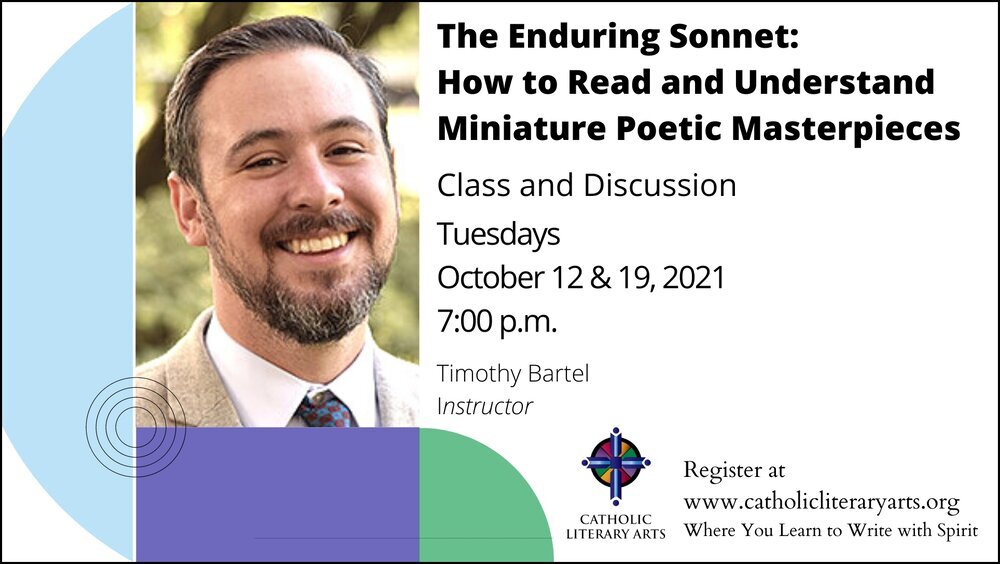Friday Links, October 8, 2021
+ Ever wonder if Chaucer could save your life? Terence Sweeney tells you why not. And then tells why you should read him anyways.
+ Ever wonder how early Christian art evolved ? Iconographer Raymond Vincent’s lectures cover the origins, the theology, and the growth of sacred art.
+ Michele McAloon interviews Katy Carl about her newly published first novel, As Earth Without Water.
+ Karen Ullo’s 2018 book, Jennifer the Damned, gets a glowing recommendation in a Tweet.
+ Ottowa’s Chaudiere Books asks resident writer Natalie Morrill six questions.
+ Prof. Timothy Bartel teaches how to read sonnets in a Catholic Literary Arts class.
How Chaucer (Probably) Can't Save Your Life
Katy Carl, Dappled Things editor in chief, shared the above link to an article by Terence Sweeney at Church Life Journal, which was also Liked by Rosemary Callenberg, DT Associate Editor and Bernardo Aparicio Garcia, DT founder and publisher. Sweeney’s article “How Chaucer (Probably) Can’t Save Your Life,” was published September 2019; the title seems to be a throw-away reference to a book published in 2015 by Rod Dreher, How Dante Can Save Your Life.
Sweeney writes that, unlike Dante, Chaucer can’t save your life, and the then tells why we should read him anyway, as “a guide to our pilgrimage through these muddled times in a Church so clearly a mixture of saints and sinners.”
Image of Chaucer as a pilgrim, in the early 15th-century illuminated Ellesmere manuscript of the Canterbury Tales in the Huntington Library in San Marino, California. The manuscript is an early publishing of the Canterbury Tales. Public Domain: wikipedia.com.
Lectures on the History of Catholic Iconography by Raymond Vincent
Maybe five years ago now, I took a course from iconographer Raymond Vincent. Vincent is patient, thorough, the best, and the most-organized teacher I have ever had, including the instructors in all the art courses I took when I was getting a B.A. with a major in Studio Arts! All of us students in that course started with the same drawing of Christ. My final version is attached.
When I asked if Vincent had any in-person courses scheduled, he wrote me that he is working on a 16-part lecture series on Byzantine Sacred Art. You can view some of his lectures on his public YouTube channel including.
• A Theology of the Icon at the Advent of Iconoclasm
The theology of the icon as articulated by Gregory II, Pope of Rome in his letters to Emperor Leo in response to the advent of Iconoclasm (AD 785). The letters of St. Gregory give us a glimpse of how icons and their place in the tradition were understood even before the more systematic theology of St. John of Damascus and point to the true universality of sacred art in First Millennium Christendom.
Vincent worked out a usage agreement with the university that commissioned the course and now can offer the full set of lectures to private students (not for university credit). The course includes access to the lectures on a private YouTube channel, the reading list, and two one-hour zoom meetings with him for any questions and comments regarding the content. If interested, send him an email here.
Michele McAloon shared a link to the group: Catholic Writers.
Rhonda Ortiz, author, DT webmaster, and founder of Chrism Press, shares this post from Michele McAloon, which links to a Cross+Word podcast in which McAloon interviews Katy Carl about her newly published first novel As Earth Without Water. Bernardo Aparicio Garcia writes, “Hurrah! What a great conversation, Katy.”
“Many have said Catholic literature has produced nothing new since Tolkien and O'Connor. First time novelist, Katy Carl in her beautifully written new book ‘As Earth Without Water’ published by Wiseblood Books shows Catholic writers are indeed producing new faithful creative masterpieces. Ms. Carl's book is truly astounding in her literary prose and masterful story telling. . . . One of the rare times when a reader can realize that within a young artist, like Katy Carl a of literary genius is unfolding.”
Tweet About How Good Karen Ullo’s Jennifer the Damned Is
Natalie Morrill, DT Fiction editor, writes: “Karen's book getting recommendations thanks to zeitgeist media!” Karen is Karen Ullo, former DT managing editor and founder of Chrism Press, and the book in question is Jennifer the Damned (2018) published by Wiseblood Books.
Six Questions interview # 92 : Natalie Morrill
Katy Carl recommends the above link to an interview in which Ottawa’s Chaudiere Books asks Natalie Morrill six questions about her life as a writer and as an Ottawa resident. Bernardo Aparicio Garcia and Fr. Michael Rennier, DT web editor and contributor, both Like it, and DT Managing Editor, Ann Thomas, and DT Associate Editor, Josh Nadeau, bo Love it. Novelist and screen writer Natalie Morrill is DT’s fiction editor. Her novel, The Ghost Keeper (2018) was published by Harper Collins Canada.
The Enduring Sonnet: How to Read and Understand Miniature Poetic Masterpieces
Tuesdays October 12 & 19
Time: 7:00 PM (Central)/5 PM (Pacific)
Katy Carl writes: “I've had the privilege of reading Timothy Bartel's poetry IRL at Jennifer Hartenburg's writing group and should say this sonnet workshop will be well worth attending for you poets and readers of poetry out there.” The two session class is being offered by Catholic Literary Arts.


